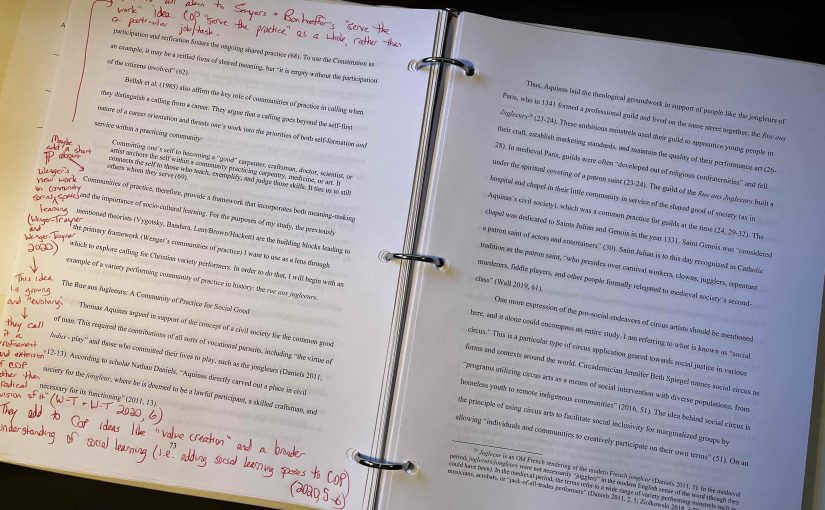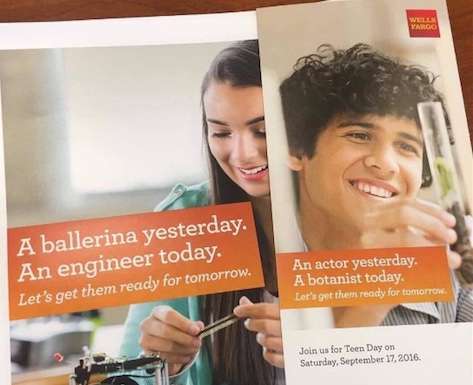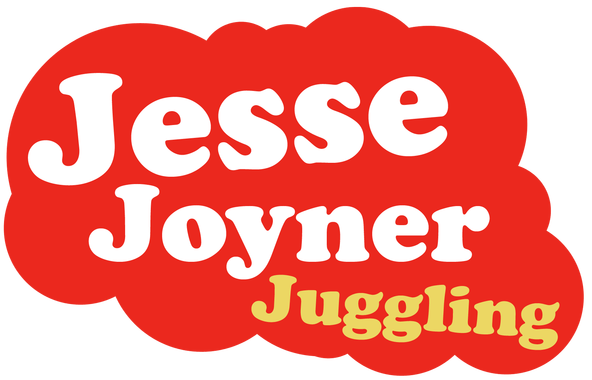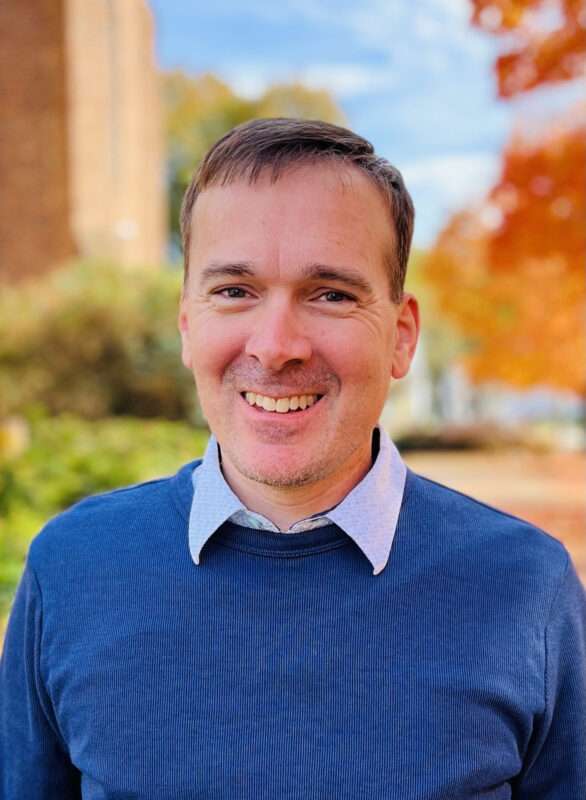
Category: Art
-
“Holy Fools”: Exploring the Journey of Calling for Christian Variety Performers
Read More: “Holy Fools”: Exploring the Journey of Calling for Christian Variety PerformersI am happy to announce that my PhD dissertation has been published to ProQuest, an academic database for published research. I have made the dissertation open source, which means anyone anywhere can access the full content free of charge. Here is the full dissertation: https://www.proquest.com/dissertations-theses/holy-fools-exploring-journey-calling-christian/docview/2622316783/se-2 Please share far and wide. I am very much excited…
-

Coming Soon: “Holy Fools”
Read More: Coming Soon: “Holy Fools”My PhD dissertation will be available to the public very soon! I am so excited to share that my full 274-page PhD dissertation will be available (for free) to the public very soon. Stay tuned for the details. The title is “Holy Fools”: Exploring the Journey of Calling for Christian Variety Performers. I didn’t know…
-

Are the Sciences Better Than the Arts?
Read More: Are the Sciences Better Than the Arts?Mega-bank Wells Fargo recently put out an advertisement for their upcoming “Teen Day.” In it, the wording appears to suggest that the sciences are a higher calling in life than the arts. Many celebrities in the arts took to Twitter to make the case that we should not send a message to teens that makes…
Search
Popular Posts
-
“Holy Fools”: Exploring the Journey of Calling for Christian Variety Performers
I am happy to announce that my PhD dissertation has been published to ProQuest, an academic database for published research. I have made the dissertation open source, which means anyone anywhere can access the full content free of charge. Here is the full dissertation: https://www.proquest.com/dissertations-theses/holy-fools-exploring-journey-calling-christian/docview/2622316783/se-2 Please share far and wide. I am very much excited…
-
The Easiest Large Group Game Ever
This is probably the easiest large group game ever invented. If you can think of an easier one, please let me know in the comments. Heads or Tails! This game of heads or tails involves EVERYONE in your large group. It is actually better the larger the group gets. There is an elimination factor to…
-
Book Release! Incredibly Bad Dad Jokes
I have been writing down my original Dad jokes for several years now, but recently they dramatically increased. While the past five months of my life have been the toughest for me as a Dad (with Annie’s medical crisis), the Dad jokes actually came out in full force during this season. You see, in my…
-
A Children’s Ministry Poem
From the mouths of children come questions galore about heaven and angels and Satan and more. They speak what their hearts say without holding back, so the wonder of God is something they never lack. Oh God, who are you? Who inspires the minds of little ones many, so that they may find this Jesus…
-
Joyner Family Christmas 2024 Update
Merry Christmas from the Joyners! Here’s a little bit of our life this past year. We hope and pray the Lord’s peace and blessing over you this Advent season. D – Our little guy is now 5 years old! This year he played Tee Ball in the Spring and started soccer this past Fall when…


